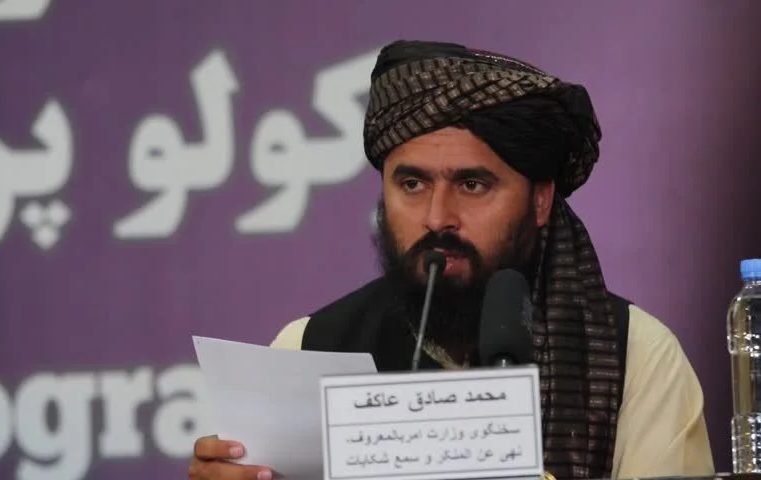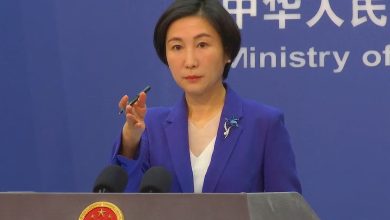Taliban Criticizes Exclusion from UN Climate Summit
The Taliban government of Afghanistan has raised concerns after being excluded from the upcoming UN climate summit in Brazil.
Officials say their country, despite major climate risks, received no formal invitation and sees this as a grave injustice.
The Taliban government has expressed disappointment over its exclusion from the upcoming United Nations climate conference, COP30, set to begin in Brazil on Monday. The administration said Afghanistan should have been included, citing the country’s growing vulnerability to climate change.

In a statement issued by Afghanistan’s National Environmental Protection Agency (NEPA), the Taliban authorities said no official invitation was received, despite the country facing worsening droughts, dwindling groundwater levels, and increasing temperatures. The agency stressed that Afghanistan has contributed only about 0.06 percent of global greenhouse gas emissions but remains among the nations most affected by the climate crisis.
According to NEPA, about 89 percent of Afghanistan’s population depends on agriculture, which makes them particularly vulnerable to unpredictable weather patterns and reduced rainfall. The agency described the exclusion as “deeply concerning,” saying it undermines global efforts toward environmental cooperation and shared responsibility.
The Taliban, who took control of Afghanistan in 2021 and are officially recognized only by Russia, argued that political isolation should not prevent Afghans from participating in crucial climate discussions. They noted that representatives from the country attended COP29 last year, but only as guests of Azerbaijan rather than as recognized participants.
Describing the situation as a violation of “climate justice and international solidarity,” the Taliban called on the United Nations to allow Afghanistan to have a voice in decisions affecting its environmental future.
Recent UN reports have shown that continuous droughts between 2020 and 2025 have severely depleted Afghanistan’s water resources, with groundwater levels dropping by up to 30 metres in some regions. Experts warn that 2025 could be one of the hottest years on record, placing even greater strain on vulnerable countries like Afghanistan.



